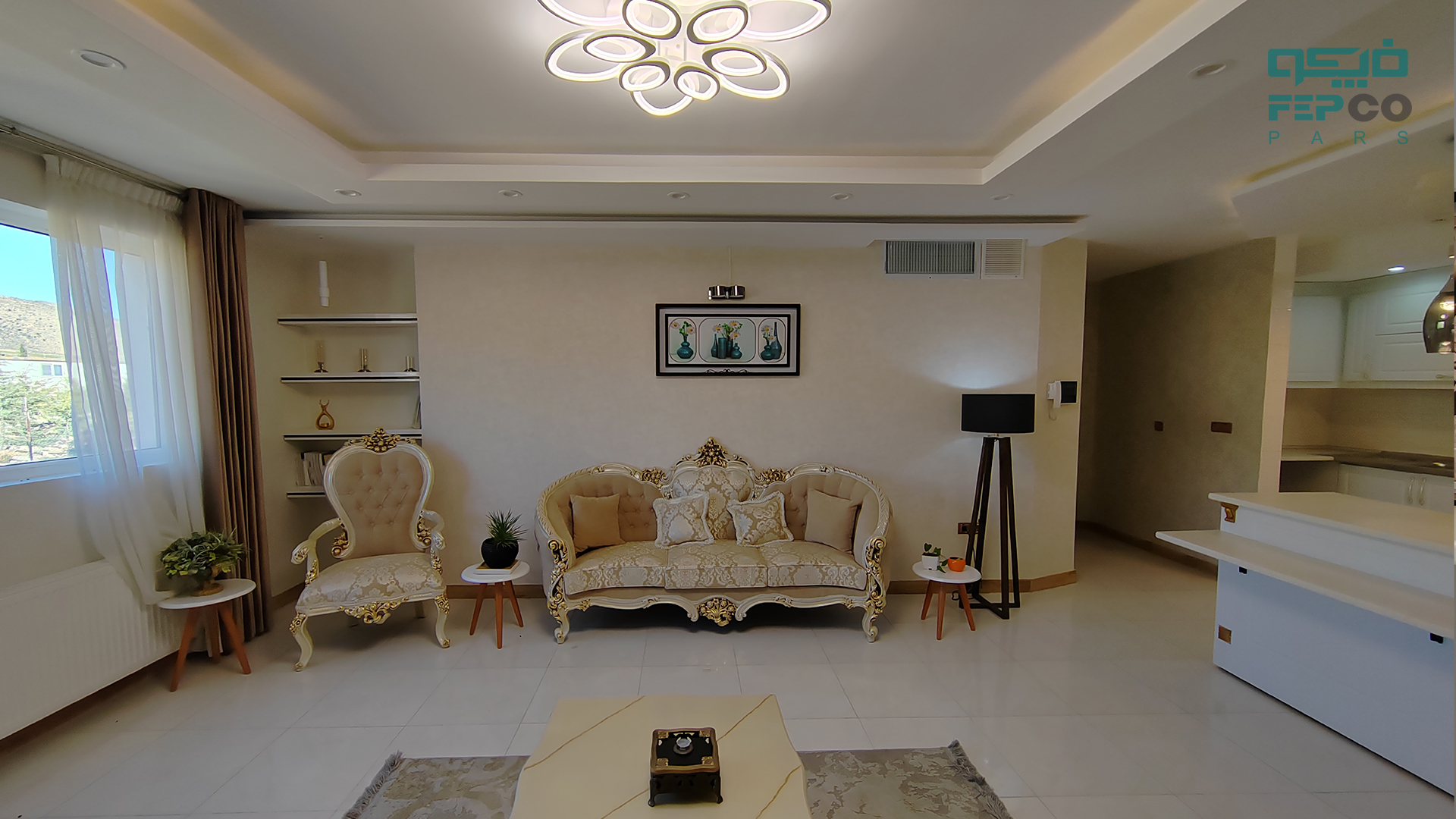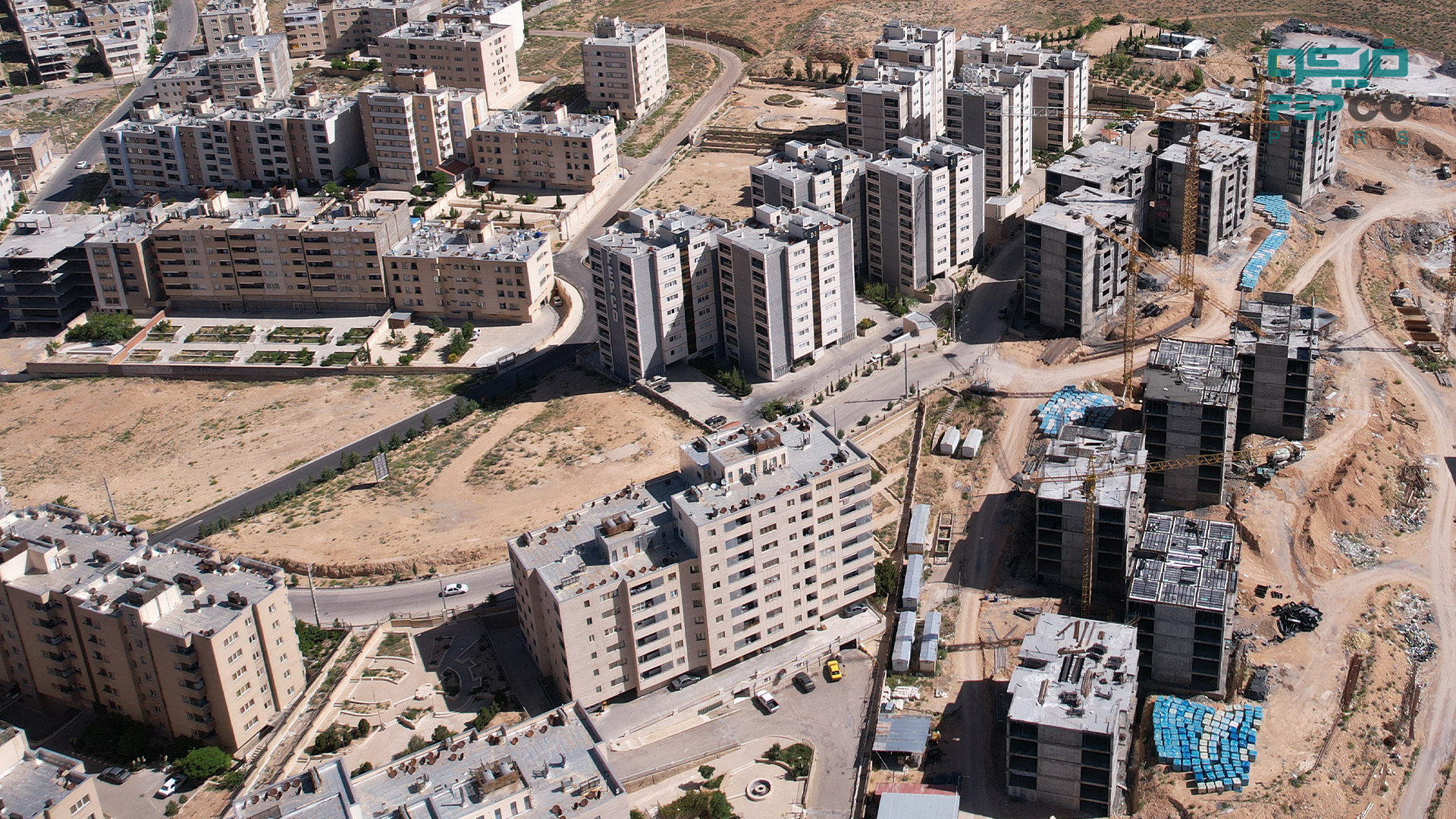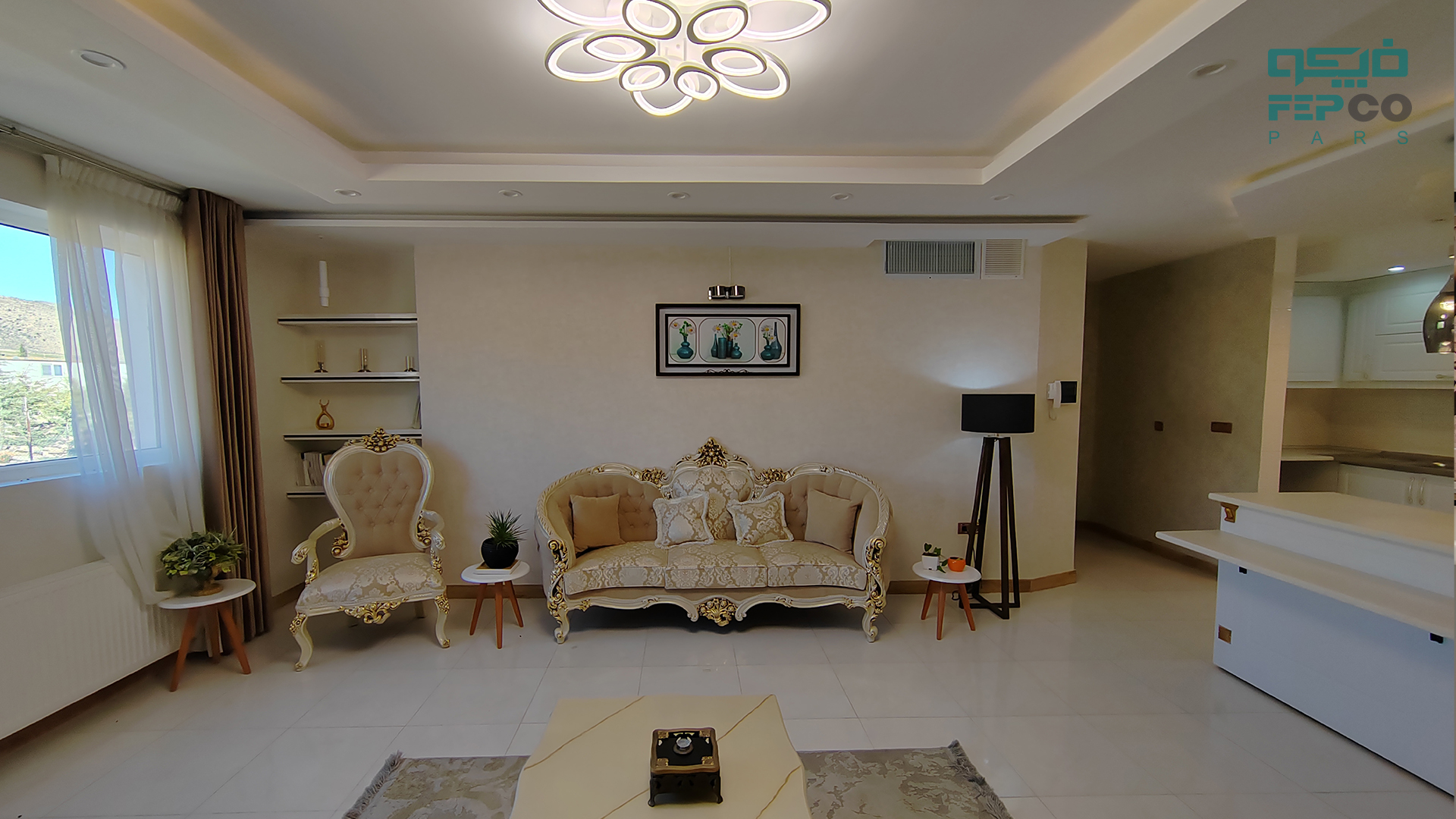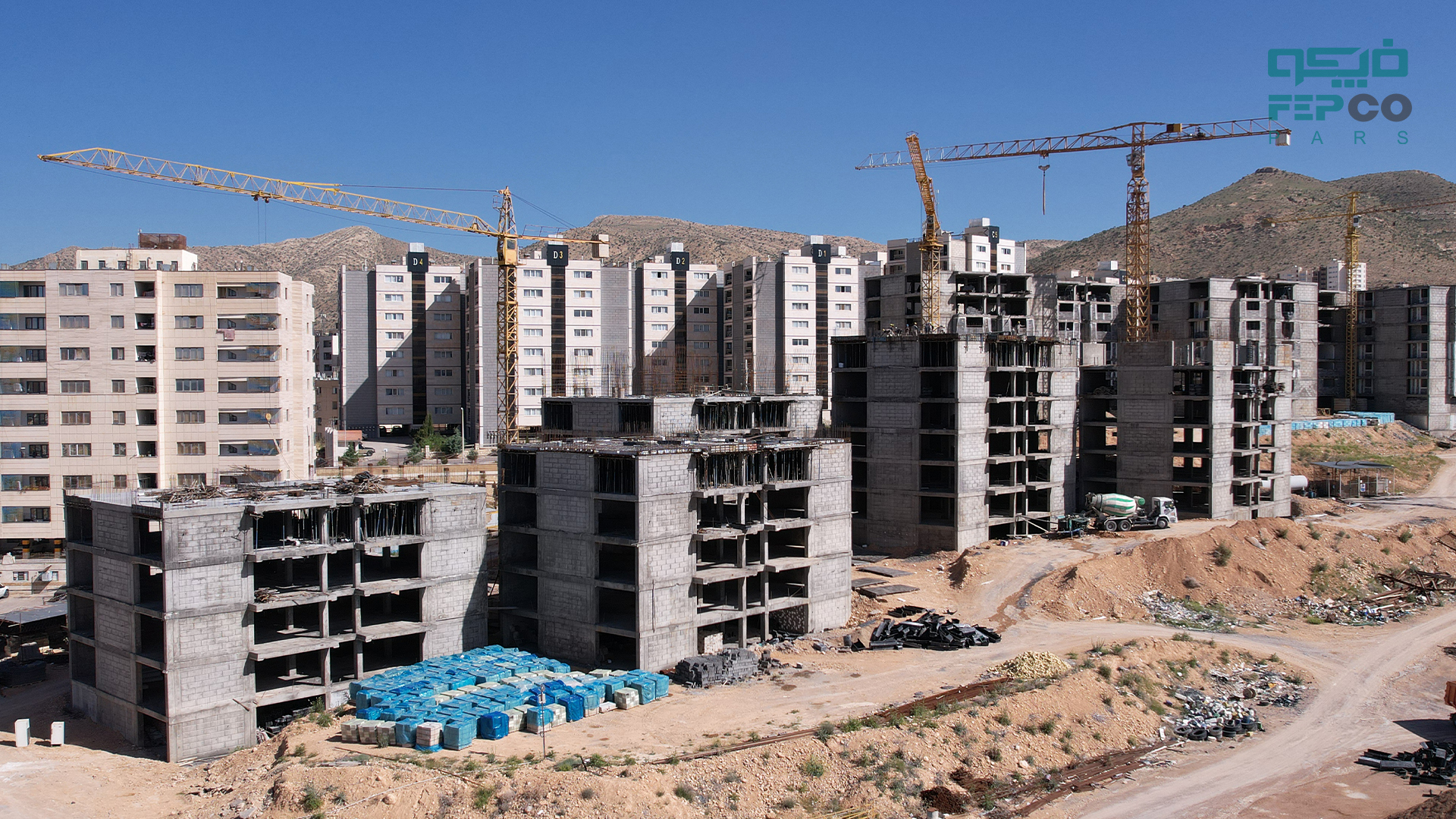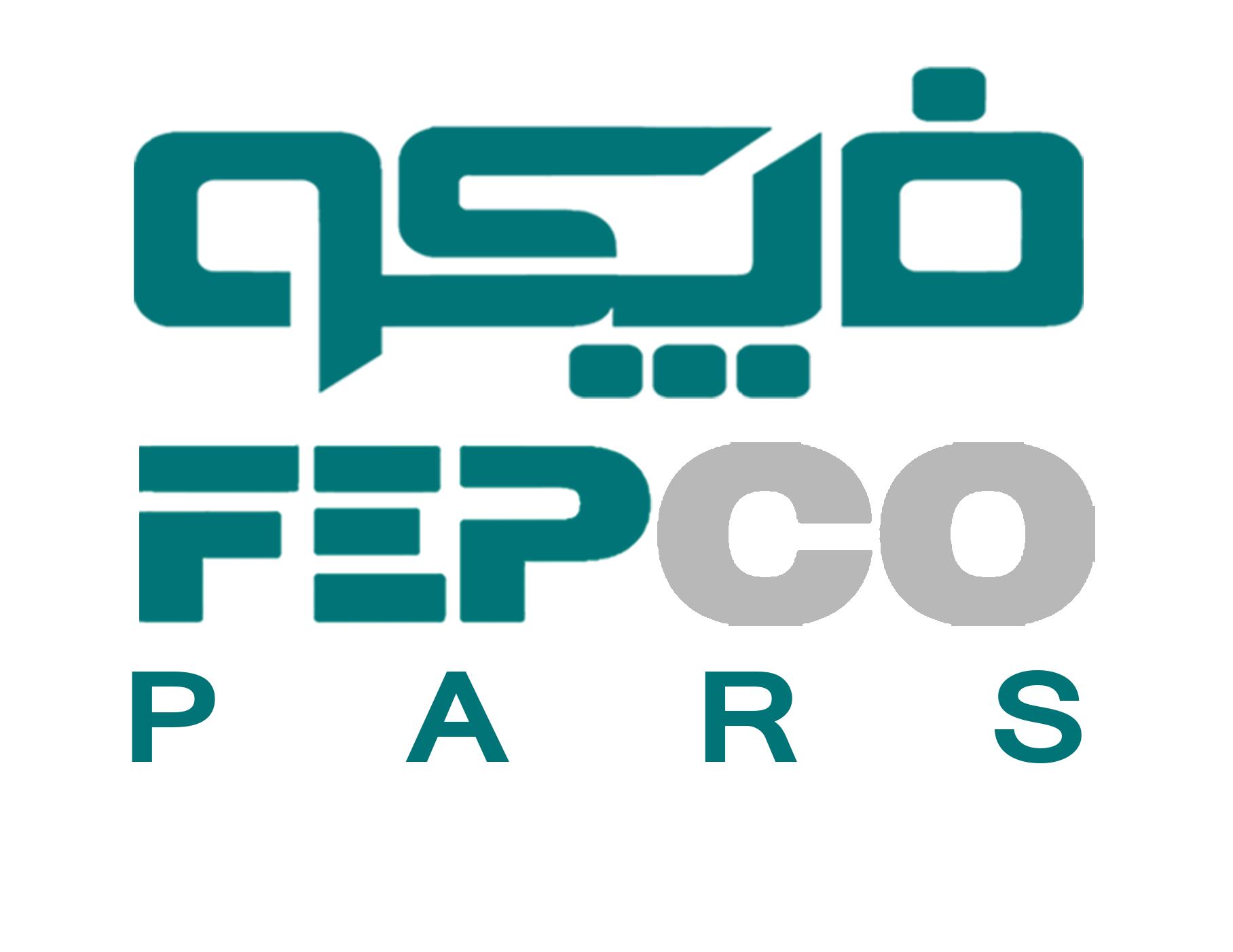The housing market in Iran has long been regarded as one of the most significant and stable investment avenues. However, recent economic developments and political fluctuations have raised the question of whether this market can still be considered a safe investment option. With the housing prices and the real estate market in Iran undergoing extensive changes, it seems essential to conduct a thorough analysis of this market and examine its outlook for the coming years.
This article, prepared by the Research and Development Unit of Fepco ( Saman Mechanic Farayand Energy Pars ), provides a comprehensive review of the current state of the housing market in Iran.
The aim of this article is to offer practical guidance to investors and potential buyers who are seeking answers to the questions “How to invest in the housing market?” and “Is investing in Iranian real estate still safe?” Based on the reviews and analyses conducted, this article addresses important questions such as “Housing Price Predictions for 2024” and “The Status of Iran’s Housing Market.” This article not only examines the real estate market situation in Tehran and other parts of the country but also pays special attention to the future of investment in Iran’s housing market.
The Housing Market in Iran as an Investment: Is it Still Considered Safe?
The housing market in Iran continues to attract significant attention as an investment option, but assessing the safety of this type of investment in the current environment requires a closer examination of various factors influencing the market.
Factors and Conditions Affecting the Safety of Investment in the Housing Market:
1. Economic Fluctuations:
– Inflation and National Currency Value: High inflation and the depreciation of the national currency are primary reasons for attracting investments to the housing market. Individuals seek markets that are less affected by currency devaluation to preserve the value of their assets. In such circumstances, real estate, as a tangible asset, can provide some protection against the erosion of capital value.
– Price Volatility: However, extreme price volatility, especially in Tehran and other major cities, can introduce risks. Rapid price increases may lead to the formation of a housing bubble, which, if it bursts, could result in significant losses for investors.
2. Political Factors and Sanctions:
– Economic Sanctions: Sanctions and political uncertainty have had major impacts on Iran’s financial and economic markets. While these conditions might make the housing market appear as a relatively safe option, they could also lead to market stagnation and reduced liquidity of assets.
– Government Policies: Changes in government policies, such as new housing schemes, taxes on vacant properties, and price controls, can influence the profitability and safety of investments in this market.
3. Return and Liquidity:
– Long-Term Returns: Traditionally, real estate investment has provided long-term returns, but these returns are not always aligned with the rate of inflation and market fluctuations. In some periods, the growth rate of housing prices might be lower than the inflation rate.
– Liquidity: One of the main challenges of investing in real estate is its low liquidity. Selling property in a stagnant market may take time and could result in a loss of value.
4. Supply and Demand:
– Changes in Supply and Demand: Increased demand for housing, especially in specific areas like Tehran, due to limited supply and high demand, has led to rising prices and, consequently, relative investment security. However, if demand decreases or new supply enters the market, the value of assets may decline.
5. Relative Investment Attractiveness:
– Compared to Other Investment Options: In comparison to other investment options in Iran, such as the stock market, currency, and gold, real estate remains attractive to many investors due to its lower risks and long-term value appreciation. However, the decision to invest should be made by carefully considering all aspects and existing risks.
The housing market in Iran remains a prominent investment option, but the safety of this investment is highly dependent on economic conditions, political factors, and government policies. For investors, a thorough understanding of these factors and a careful analysis of the real estate market are essential for making informed decisions. Therefore, while real estate can be a safe investment, it should be approached with greater caution and awareness of market fluctuations and other risk factors.
Key Strategies for Safe Investment in Iran’s Real Estate Market
Investing in real estate in Iran remains an attractive option, but in the face of economic fluctuations, political and social changes, and external influences on the market, investors must adopt cautious and intelligent strategies. Here are the key strategies for safe investment in Iran’s real estate market:
1. Thorough Market Analysis and Strategic Location Selection
– Local Market Analysis: Before investing, carefully analyze the local and regional market where you intend to purchase property. Consider factors such as demand, price trends, infrastructure development, and the region’s economic future.
– Choosing Developing Areas: Urban areas that are currently developing and have growth potential can be excellent investment opportunities. In these regions, property prices may rise rapidly in the near future.
2. Long-Term Investment Focus
– Focus on Long-Term Returns: Real estate investment typically does not yield immediate returns and should be viewed as a long-term investment. With this in mind, investing with a long-term perspective can provide greater security.
– Buying in Stable Areas: Investing in areas with stable demand, such as Tehran or other major cities, can offer higher long-term returns.
3. Diversification of Real Estate Portfolio
– Investing in Various Property Types: Instead of investing only in one type of property, such as residential, diversify your portfolio by purchasing commercial, office, and even developable land. This approach reduces risk and opens up various profit opportunities.
– Investing in Multiple Locations: Spreading your investments across different regions can help mitigate the negative impact of issues confined to a specific area.
4. Negotiation and Buying at the Right Price
– Buying During Downturns: Like other markets, the real estate market experiences cycles of boom and bust. Purchasing property during downturns, when prices are lower, can lead to higher returns during boom periods.
– Negotiating for Lower Prices: Always attempt to negotiate with sellers to buy property at a price below its actual value. This can increase your profit margin.
5. Utilizing Professional Advice
– Real Estate Consultants: Leveraging the experience of professional real estate consultants can help you choose the right property and negotiate the best price.
– Legal Consultation: Before completing any transaction, seek legal advice to understand the legal aspects related to the property and contracts.
6. Legal Status and Document Verification
– Complete Document Verification: Before purchasing, ensure that all property documents are legal and free of issues. Checking the legal status of the property can prevent future legal problems.
– Ensure Proper Registration: Confirm that the property is correctly registered in official systems and that there are no debts or legal restrictions.
7. Asset Management
– Property Maintenance and Improvement: Proper maintenance and improvement of the property can increase its value. Even small renovations can significantly impact the sale or rental price.
– Renting the Property: If you plan to hold the property for a long period, renting it out can provide stable income and liquidity.
8. Monitoring Tax Laws and Potential Changes
– Understanding Tax Laws: Awareness of tax laws related to buying, selling, and renting property is essential. Changes in tax laws can directly affect your investment profitability.
– Preparedness for Legal Changes: Always stay informed about potential changes in real estate laws and regulations and update your strategy accordingly.
9. Investing in Pre-Sale Projects
– Buying in Pre-Sale Projects: Purchasing in pre-sale projects usually happens at prices lower than the market, offering a good opportunity for long-term investment. However, ensure that the project is managed by a reputable developer.
– Checking Developer’s Track Record: Before investing in pre-sale projects, review the developer’s history to ensure the project will be completed on time.
10. Keeping Up with Market Information
– Staying Informed about Market Trends: Continuously monitoring changes in the housing market and updating your knowledge about economic and political developments can help you make better decisions.
– Using Statistical Data: Utilizing official statistics and market analyses to assess the current situation and predict the future of the real estate market is crucial.
By following these strategies, you can minimize risks in the Iranian real estate market and achieve greater profitability and security in your investments.
Conclusion
The Research and Development Unit of Fepco ( Saman Mechanic Farayand Energy Pars |) has concluded from its comprehensive analysis of the Iranian housing market that real estate remains a significant investment option. However, given the current economic, political, and social conditions, investing in this sector requires greater caution and awareness.
The housing market analysis indicates that in recent years, housing prices have significantly increased due to factors such as inflation, the devaluation of the national currency, and economic sanctions. This price surge, particularly in Tehran and other major cities, has created both opportunities and challenges for investors. While price increases can lead to profitability, market volatility also introduces risks.
Whether investing in real estate is safe depends on multiple factors. The state of Iran’s housing market suggests that for a secure investment in real estate, it is essential to carefully analyze the market, particularly in Tehran and other regions, and continuously monitor economic conditions.
For those looking to purchase property and enter this market, choosing the right time to buy and selecting developing areas with high growth potential can be considered a smart approach. Housing price forecasts for 2024 also indicate that despite potential fluctuations, the real estate market can still be profitable with the adoption of appropriate strategies.
In summary, the future of investment in Iran’s housing market depends on macroeconomic conditions and political developments. Investors should operate in this market with sufficient knowledge and information, leveraging specialized advice. Ultimately, the answer to the question of “How to invest in the housing market?” lies in a careful examination of the current state of Iran’s housing market and the selection of strategies tailored to contemporary conditions.
Frequently Asked Questions
1. Is the housing market in Iran still considered a safe investment?
The housing market in Iran remains a popular investment option due to its long-term value appreciation and protection against inflation. However, economic and political fluctuations make it essential to conduct thorough analysis and seek expert advice to ensure a safer and more profitable investment.
2. When is the best time to buy a house in Iran?
The best time to buy a house depends on market conditions. Typically, during periods of market stagnation, when prices are stable or declining, there are good opportunities to purchase property. Additionally, careful market analysis and consultation with real estate experts can aid in making better decisions.
3. What is the future outlook for investment in the Iranian housing market?
Given the economic conditions and inflation, the Iranian housing market is expected to remain an attractive investment option. However, changes in government policies and global economic conditions can also impact this market.
4. What factors influence housing prices in Iran?
Housing prices in Iran are influenced by factors such as inflation, supply and demand, government policies, interest rates, and macroeconomic conditions. Additionally, political and international developments can lead to price fluctuations.
5. Is investing in property in Tehran more profitable than in other cities?
As the capital and economic hub of Iran, Tehran has one of the most attractive real estate markets. However, higher prices and greater volatility make investing in this city a higher-risk option. Other regions may offer lower returns but come with less risk.
6. How can I make a safe investment in the Iranian housing market?
To make a safe investment in the Iranian housing market, you should first thoroughly analyze the market and seek expert advice. Additionally, choosing the right location, diversifying your investment portfolio, and buying during favorable market conditions can help reduce risks.
7. Is it advisable to buy property under current conditions?
Whether to buy property under current conditions depends on your investment goals. If you aim to preserve the value of your assets against inflation, buying property can be a suitable option. However, careful market analysis and consultation with real estate experts are essential for making an informed decision.
8. What is the forecast for housing prices in 2024?
The forecast for housing prices in 2024 depends on several factors, including economic conditions, government policies, and international developments. Generally, if inflation continues and supply decreases, prices are expected to rise.
9. Is investing in commercial real estate as safe as residential real estate?
Commercial real estate can be a profitable option, but it also carries higher risks, such as dependence on economic conditions and the performance of businesses. Thorough market analysis and expert consultation are recommended for investing in this sector.
10. What steps should I take to buy property in Iran?
To buy property in Iran, you should first research the market and select a suitable property. Next, ensure the legal status of the property and the validity of the documents. After agreeing on the price and terms, carefully draft the purchase contract and complete the official registration. Seeking legal and real estate advice from reputable sources can help you throughout this process.


